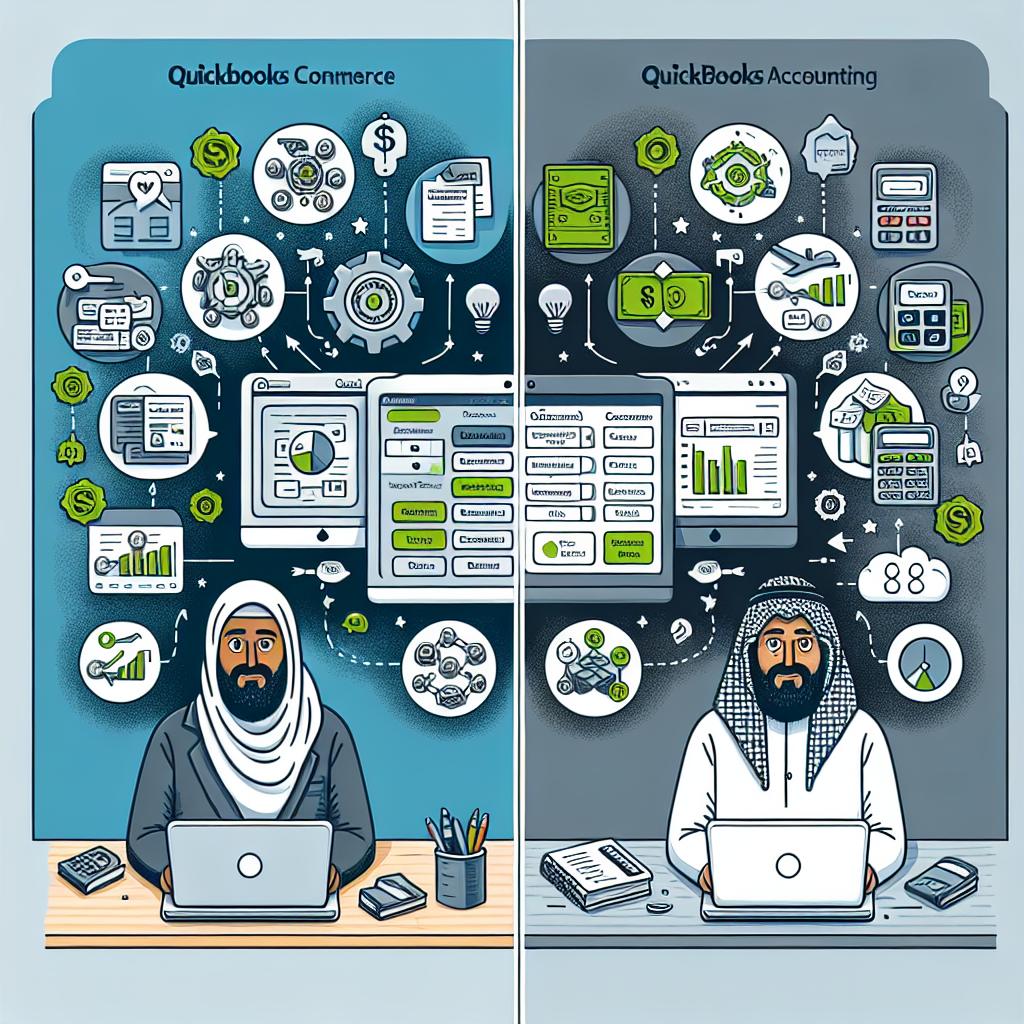Revolutionize Your Ecommerce Financials with Advanced Accounting Software
When it comes to managing the financials of your ecommerce business, choosing the right accounting software is crucial for streamlining operations and ensuring accurate bookkeeping. In this article, we'll dive deep into the world of accounting software for ecommerce businesses and explore how it can revolutionize the way you manage your finances.
Accounting software plays a pivotal role in the success of ecommerce businesses, offering a wide range of features that are specifically tailored to meet the unique needs of online retailers. By leveraging the right accounting software, ecommerce entrepreneurs can seamlessly integrate with popular ecommerce apps, keep track of expenses, optimize sales channels, and gain invaluable insights into their financial performance.
With the rise of global ecommerce, it's essential for businesses to be able to accept and make payments in multiple currencies. Leading accounting software, such as QuickBooks Online, empowers ecommerce businesses to transact in over 145 different currencies, simplifying the complexities of international trade. Additionally, the software's automatic exchange rate feature ensures that invoicing is hassle-free and accounts for exchange rate fluctuations, providing a seamless experience for cross-border transactions.
Inventory management is a critical aspect of running a successful ecommerce business. Top-tier accounting software like QuickBooks Online Plus offers robust inventory tracking capabilities, allowing businesses to maintain real-time visibility into stock levels. The seamless integration with major ecommerce platforms ensures that product listings, orders, and data remain up-to-date, enabling businesses to make informed inventory-related decisions.
Furthermore, accounting software plays a significant role in tax compliance and reporting. For ecommerce businesses operating in Australia, the ability to lodge Business Activity Statements (BAS) directly from the accounting software simplifies the tax filing process, eliminating the need for manual data entry and complex workarounds. This seamless integration with the Australian Taxation Office (ATO) streamlines BAS preparation and electronic lodgment, providing ecommerce entrepreneurs with peace of mind and compliance assurance.
Effective supplier management is another area where accounting software proves invaluable for ecommerce businesses. By leveraging the supplier and bill management features of accounting software, businesses can stay on top of payables, track due dates, and ensure timely payments to suppliers. The ability to pay multiple vendors and invoices simultaneously enhances operational efficiency, allowing ecommerce entrepreneurs to focus on growing their businesses.
Connectivity is key in the ecommerce landscape, and leading accounting software facilitates seamless integration with popular ecommerce apps. By automating data synchronization and reconciliation, accounting software empowers ecommerce businesses to make data-driven decisions, enhance operational efficiency, and position themselves for sustained growth and success.
Whether you're a self-employed online retailer, a small business working with suppliers, or a larger enterprise managing projects and stock, choosing the right accounting software is a critical business decision. Leading solutions like QuickBooks Online offer tailored feature sets for different business sizes, enabling ecommerce entrepreneurs to build the right plan that meets their specific requirements.
In conclusion, the adoption of advanced accounting software is essential for ecommerce businesses looking to streamline financial operations, achieve compliance, and drive sustainable growth. By harnessing the power of leading accounting solutions, ecommerce entrepreneurs can gain a competitive edge in the dynamic and ever-evolving world of online retail.




